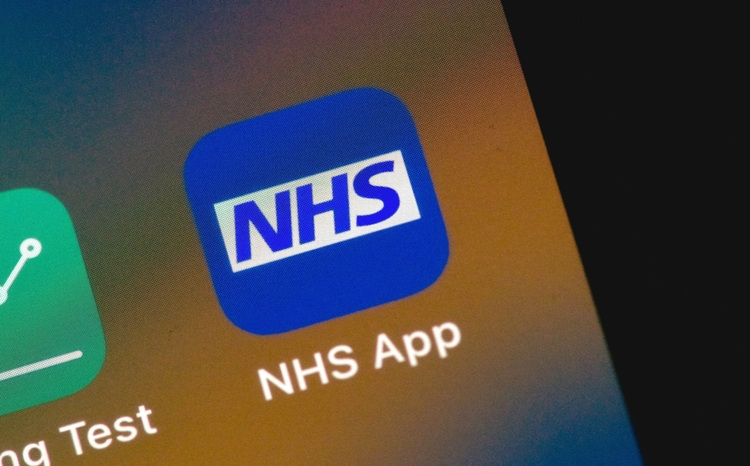NHS Direct aims to become ‘web first’
- 10 November 2009
NHS Direct aims to shift a ‘substantial amount’ of its work from the telephone to the web next year, its chief executive has revealed.
Nick Chapman told E-Health Insider Live ‘09 that it aims to become a ‘web first’ organisation to deliver more value for money to the NHS, but that this would be a managed transition.
Chapman said patients using NHS Direct’s online symptom checkers did so at a cost of 12p per patient contact, while patients using the telephone service got the same information from a health adviser at a cost of £13.81 per contact.
He said the shift towards greater use of the web would not mean that some patients were excluded.
He said those without internet access could be targeted in other ways, such as public libraries and kiosks. He also argued that greater online take-up would free up the telephone service to be used by those who needed it most.
Chapman said NHS Direct was already saving the health service £70m a year by creating £220m of direct benefits such as reduced GP appointments and A&E appointments, against a cost to the NHS of £150m. In addition, he said there was a value to patients of £115m.
He said the helpline aimed to improve by increasing its number of users, shifting more calls to the web, integrating more closely with the rest of the NHS and targeting its services at those who needed it most.
He said NHS Direct also planned to develop more self-assessment tools, for which it would retain the intellectual property.
Chapman said the swine flu pandemic had generated 51.7m web visits between 27 April and 30 September and that 5.2m people had used the swine flu self-assessment tool.
He claimed the National Pandemic Flu Service may have helped to slow the rate of the pandemic in two ways: firstly by reducing the need for face-to-face consultations and secondly by creating early availability of anti-virals which may have limited the spread of the infection.
He added: “It was the first major distribution of a prescription drug done in this way and although people said it wouldn’t work I don’t believe we would otherwise have been able to cope with the predicted volume of work that would have been demanded."




